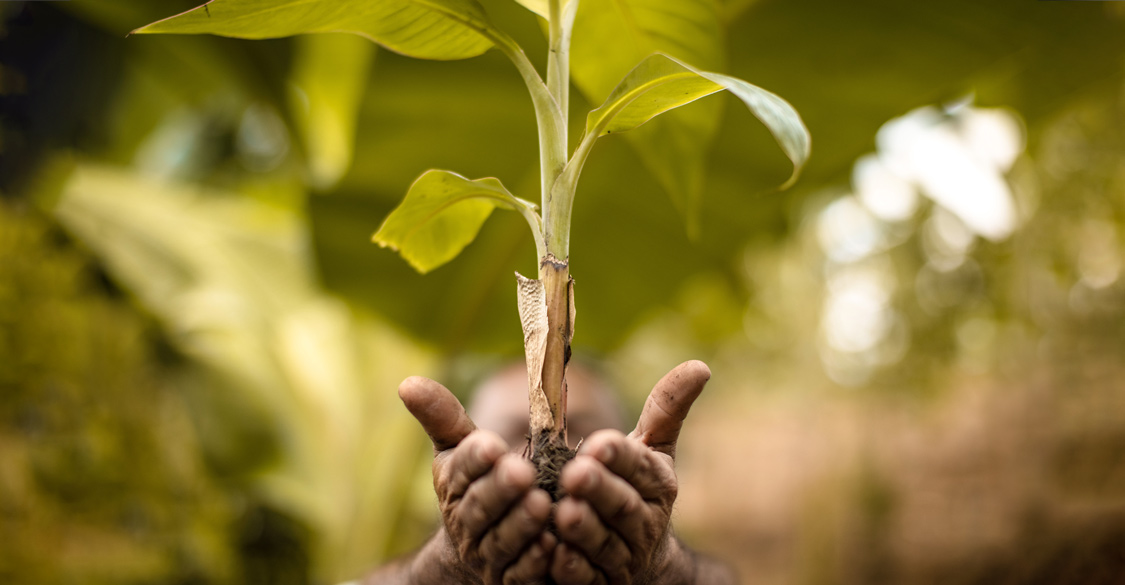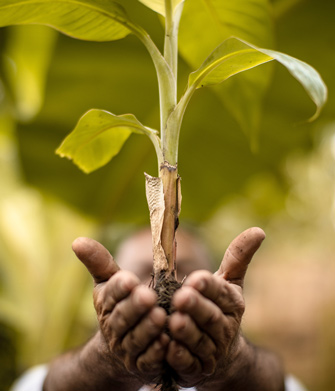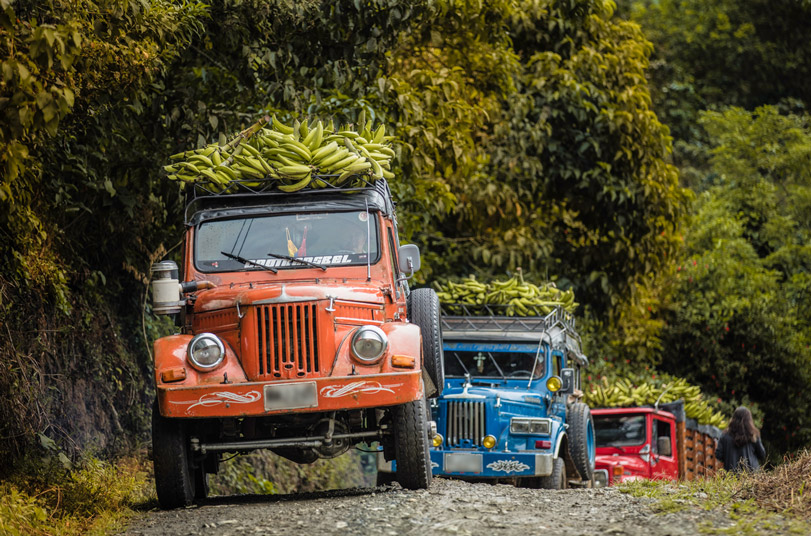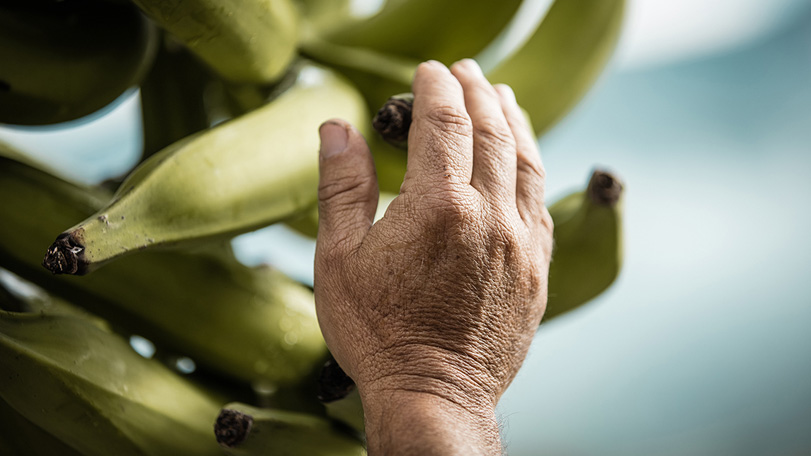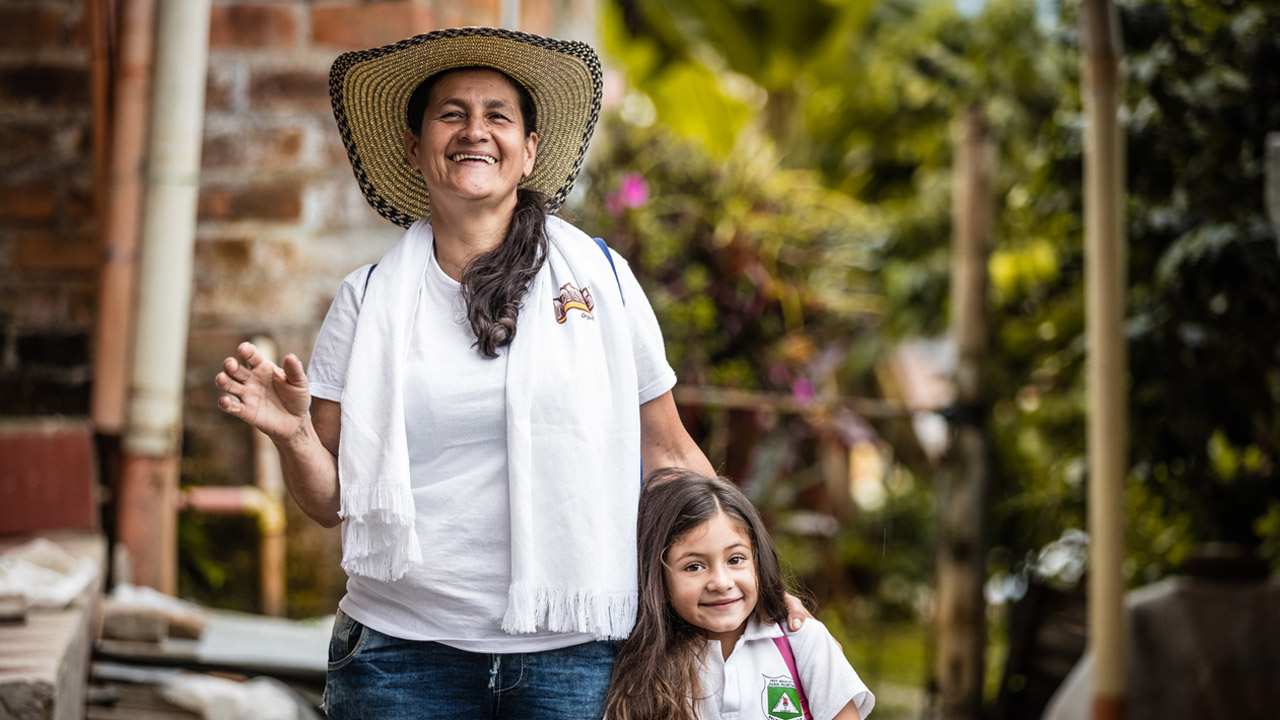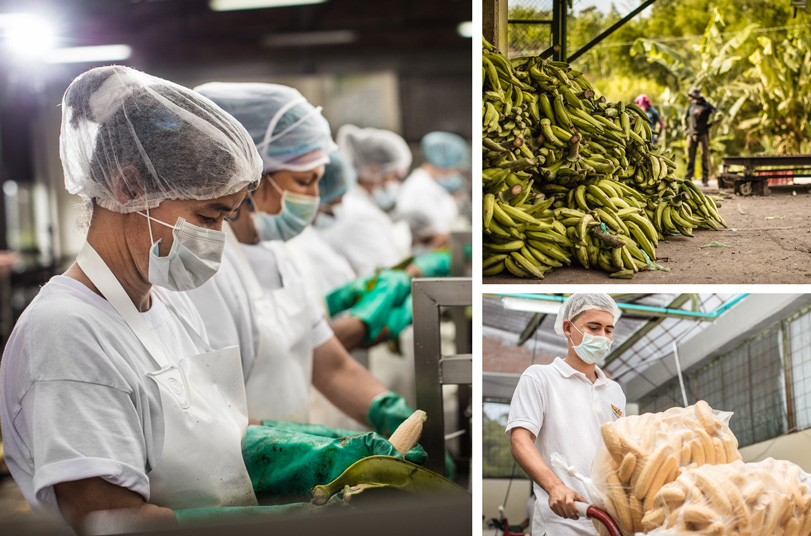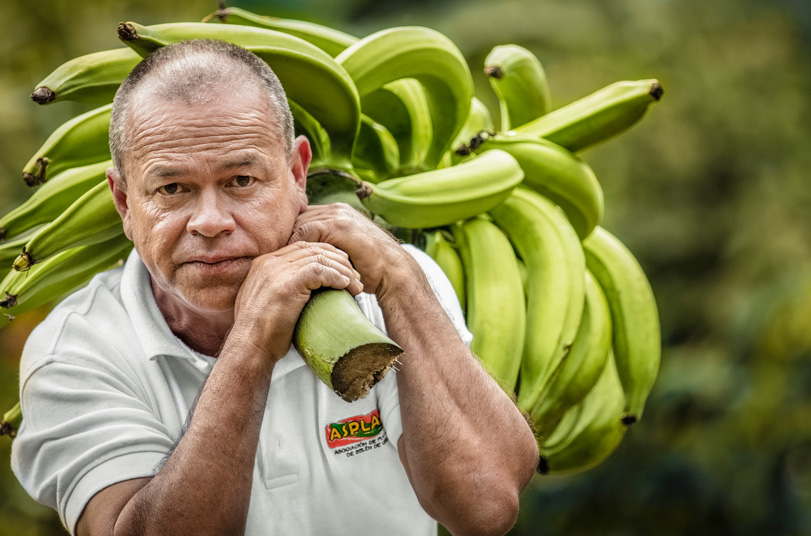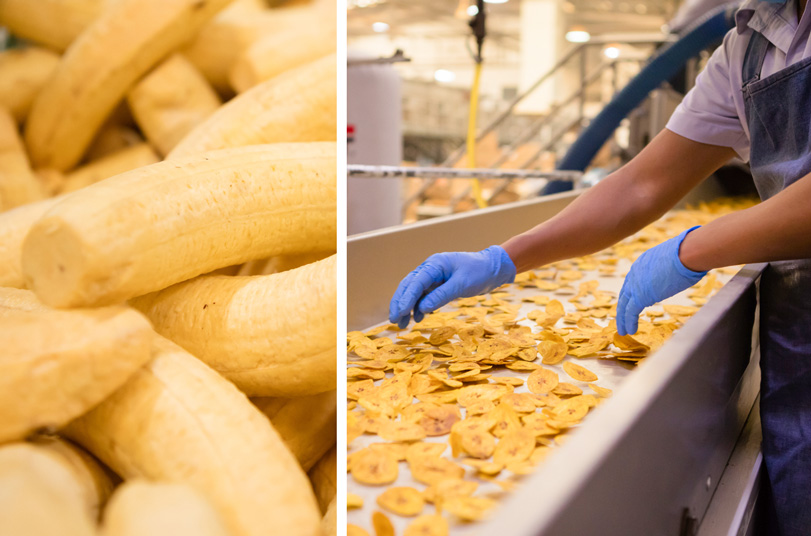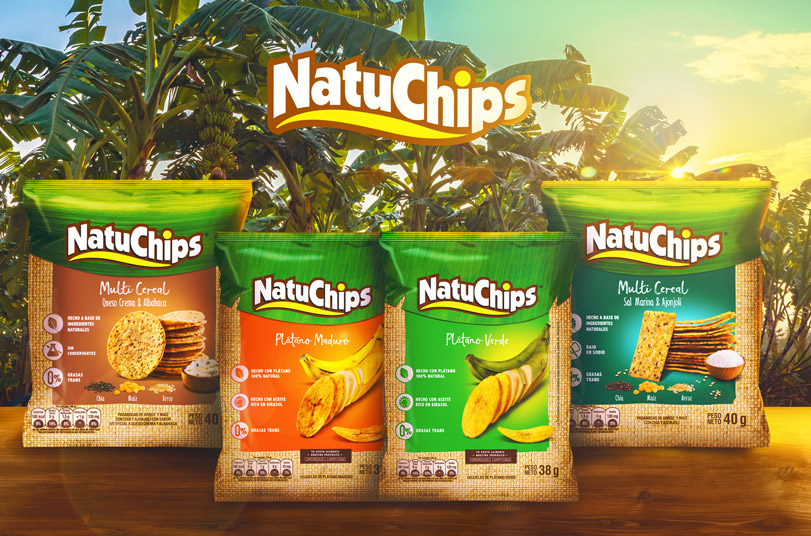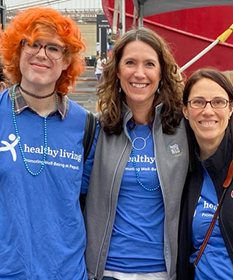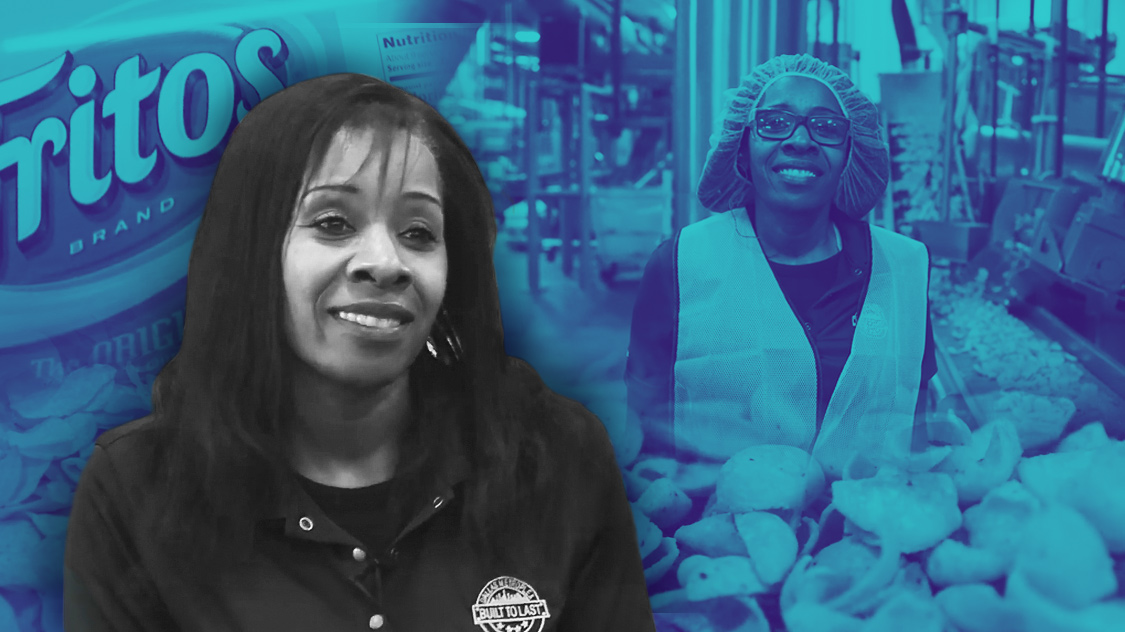The Asplabel Association was once a nominal supplier, but now they are a key player in NatuChips supply chain. Over 40% of NatuChips’ plantains are peeled at the plant, with each worker peeling at an incredible rate of nearly 33 kilograms per hour.
But plantain peeling was just the beginning of a strong partnership. Each year more support and opportunities are made available. For example, PepsiCo recently built a new childcare center on the plant’s premises, ensuring that women don’t have to choose between going to work and caring for their children. Newly developed training programs teach the women how to make honey and jams so they can earn supplemental income. And to foster community among the workers, a new cafeteria was built so the workers could gather at tables together instead of sitting on the grass.
“The women know that they have a future with their work,” Guacaneme says, “even despite what has happened in their past. They have hope that there is a way forward for themselves and their families.”
Some women have been able to send their children to university for the first time. Others have been able to purchase their own homes. And a few have flown on a plane for the first time in their lives, visiting the PepsiCo manufacturing plants in Bogotá.
“We wanted them to see the fruits of their labor,” Guacaneme says. “How the plantain they peeled becomes a bag of NatuChips, how it reaches the consumer. Often people know their role, but they don’t know how their work impacts the rest of the chain. In Bogotá they saw firsthand the importance of what they do, and they were filled with pride.”
Caring for the planet by caring for the people
But the social impact of NatuChips doesn’t start and stop at the Asplabel plant. It also reaches into those mountain farms of Belén de Umbría. “We see our footprint expand beyond the women,” Davila says. “Yes, it’s about the peelers, but it’s also about the farmers.”
Davila sees that intention resonating within PepsiCo, especially among leadership. As a senior marketing director, she has witnessed firsthand how much social responsibility and environmental awareness have become a key component of the company’s strategic growth plans and business models.



